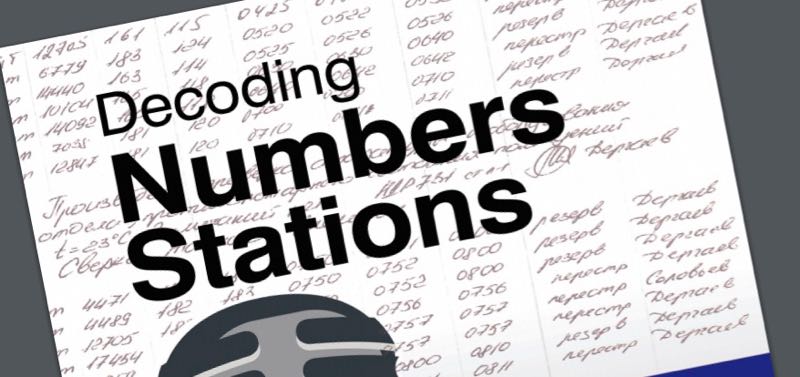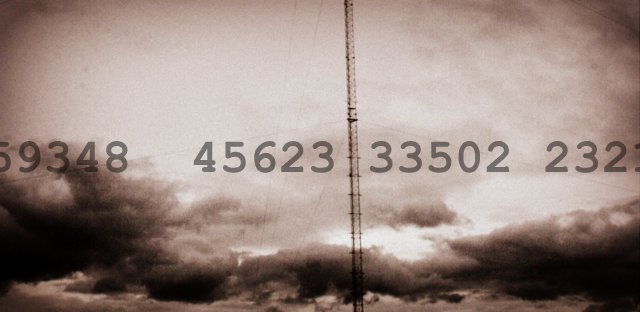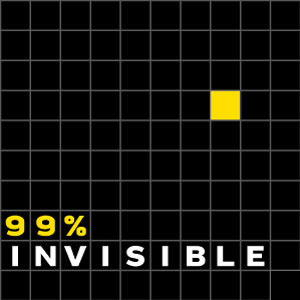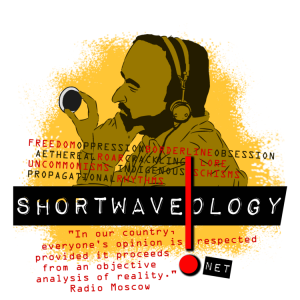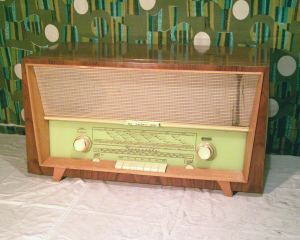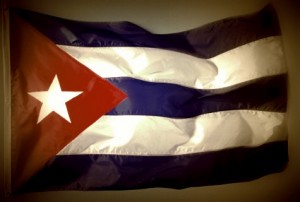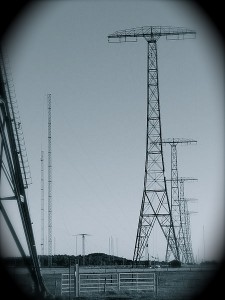 There have been a lot of numbers in the news lately.
There have been a lot of numbers in the news lately.
Earlier this week, David Goren’s numbers station radio documentary was featured on the ABC Radio National show, Sounds Like Radio.
Click here to listen.
This morning, I also noticed this excellent BBC News Magazine piece on numbers stations, which includes an interview with Akin Fernandez, the creator of the Conet Project.
Here’s an excerpt from The spooky world of the ‘numbers stations’:
“This is the era of hyper-tech espionage, encrypted emails and mindboggling cryptography. But you can hear a very old-fashioned form of espionage on shortwave radio.
It is 13:03 on a Tuesday in a little crammed room of the BBC Monitoring building in Caversham and what is suddenly heard on a shortwave receiving station is a 10-minute message in Morse code.
There is a small community of aficionados who believe messages like this are a throwback to the era of Cold War espionage. They are the mysterious “numbers stations”.
At the apex of the Cold War, radio lovers across the globe started to notice bizarre broadcasts on the airwaves. Starting with a weird melody or the sound of several beeps, these transmissions might be followed by the unnerving sound of a strange woman’s voice counting in German or the creepy voice of a child reciting letters in English.
[…]Times have changed and technology has evolved, but there’s evidence that this old-fashioned seeming method of communication might still be used. Shortwave numbers stations might seem low-tech but they probably remain the best option for transmitting information to agents in the field, some espionage experts suggest.
“Nobody has found a more convenient and expedient way of communicating with an agent,” says Rupert Allason, an author specialising in espionage issues and writing under the pen name Nigel West.
“Their sole purpose is for intelligence agencies to communicate with their agents in denied areas – a territory where it is difficult to use a consensual form of communications,” Allason says.
A former GCHQ officer, who does not wish to be named, whose duty was to intercept signals towards the UK and search for these numbers stations in the 1980s is also adamant that these were broadcasts to agents in the field or in residencies or directed to embassies.
It was “one-way traffic” – the transmitters broadcast numbers to the recipient. The recipient did not reply.”
[…]”This system is completely secure because the messages can’t be tracked, the recipient could be anywhere,” says Akin Fernandez, the creator of the Conet Project – a comprehensive archive of the phenomenon of numbers stations. “It is easy. You just send the spies to a country and get them to buy a radio. They know where to tune and when,” he says.
Continue reading on the BBC Magazine website…
If you would like to know more about numbers stations, click here to read other numbers posts.
Click here to go to David’s website, Shortwaveology.net.

